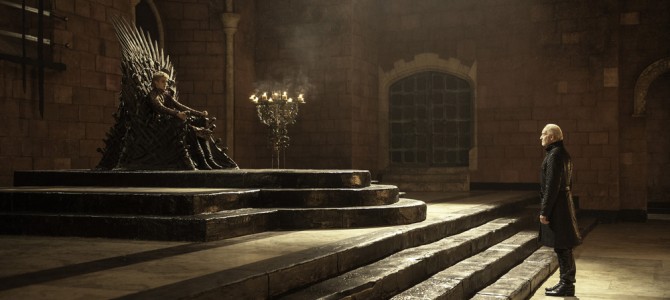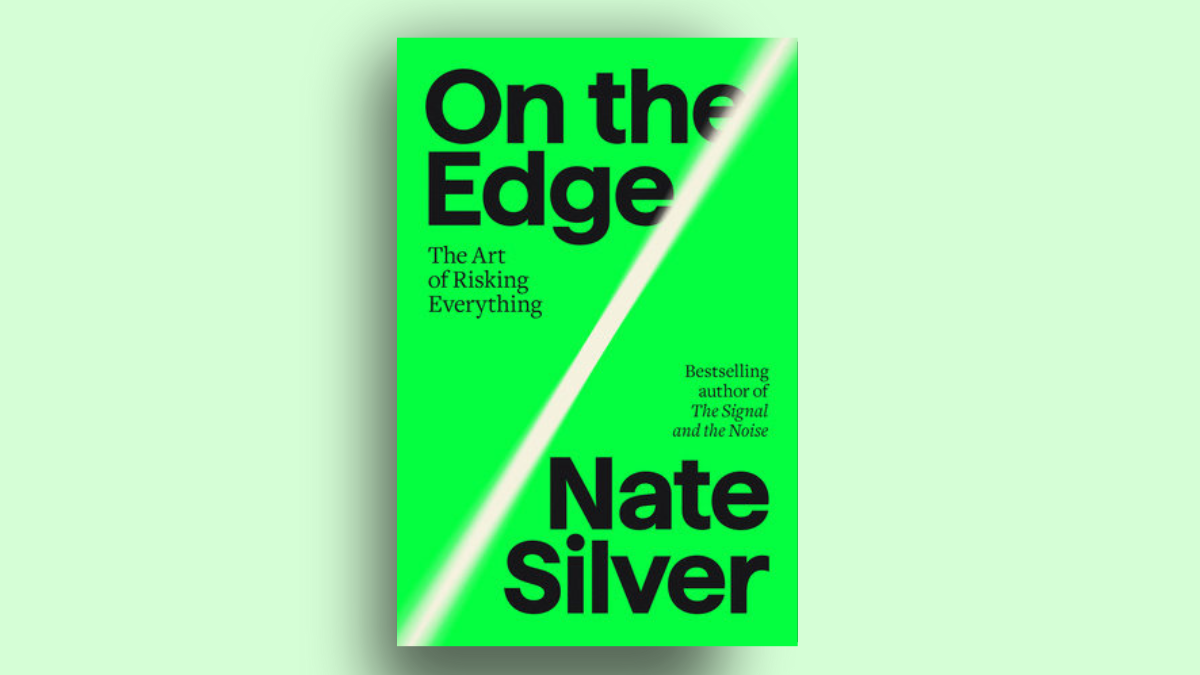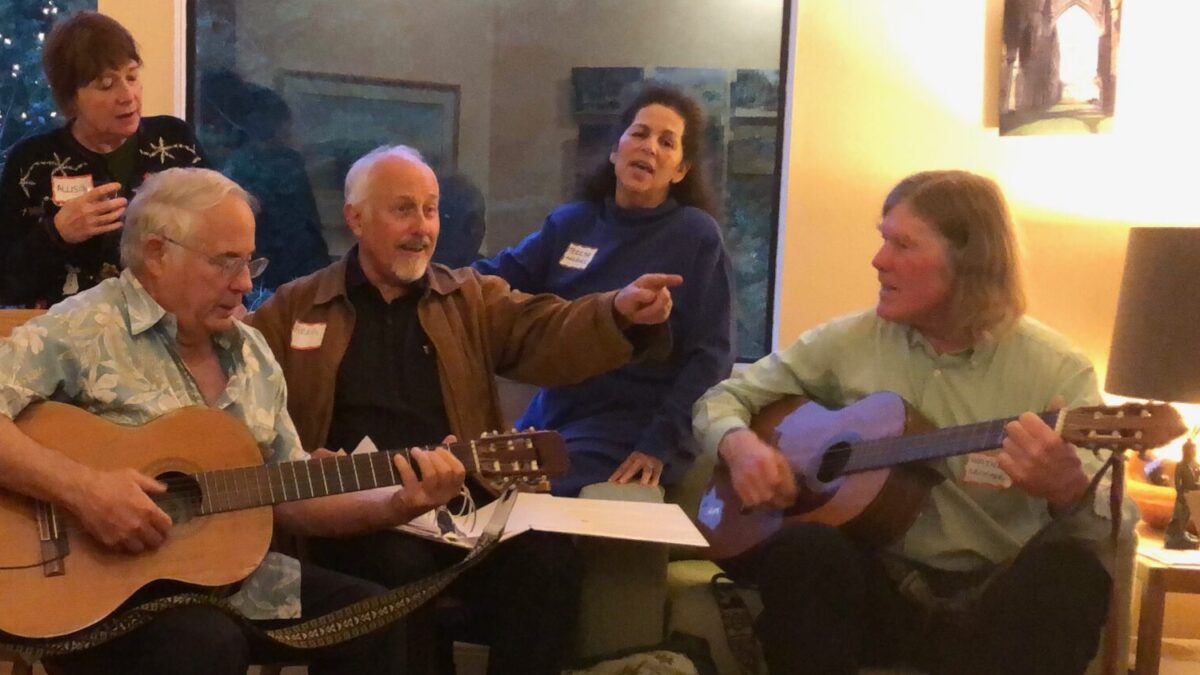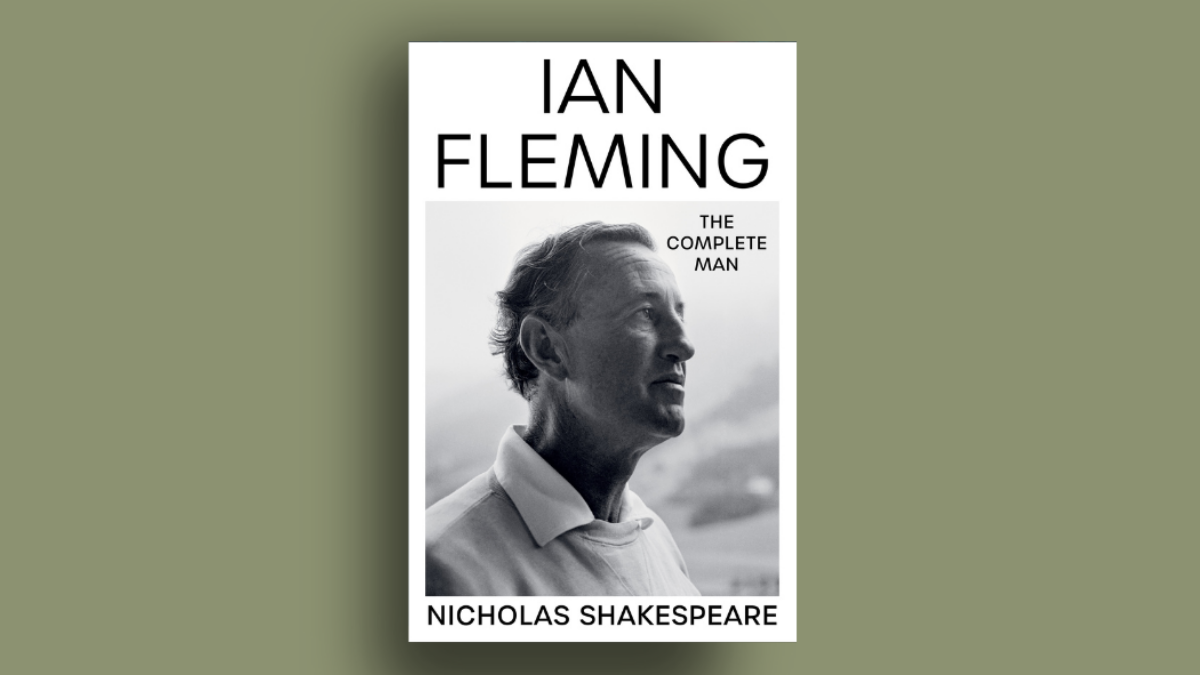
Recently, I wrote an article criticizing the bloodthirsty esthetic and moral cynicism of “Game of Thrones.” In a nutshell, my argument is that at some point, the gore and violence and torture and depravity no longer serve the plot. They are the plot.
I am reminded of Russell Crowe’s signature moment in Gladiator. He has just dispatched a half dozen other gladiators in about 45 seconds, hacking them apart in all the spectacular, blood-spurting style that modern Hollywood can provide. Crowe then looks out on the audience in the arena, fixes them with a gaze of furious contempt and shouts “Are you not entertained?”
I was not the only person to notice that director Ridley Scott was trying to have it both ways in this scene. He wanted to look down contemptuously on the decadent Romans who were entertained by the sight of blood, gore, and death—while he exactingly recreated that blood and gore for the entertainment of us decadent Americans.
Which raises the question: are we really the modern equivalent of those decadent Romans, with their unhealthy fascination with killing and brutality? There are some of us who are not entertained by that prospect.
Criticizing “Game of Thrones,” it turns out, is about as thankless a task as criticizing Ron Paul. Somebody has to do it, but be prepared to get an earful from legions of angry and fanatical supporters.
What I find particularly annoying about “Game of Thrones” fans is that they have been pampered by universal praise from highbrow critics—which in my book is a sure-fire sign that you’re on the wrong track—so they can’t imagine anyone could possibly dislike the show. If you do dislike it, they become belligerently defensive and feel free to impugn your integrity, claiming that you could not possibly have even watched the show, so you’re basically faking your review. (More on that in a moment.)
But then after a week of this sort of thing, “Game of Thrones” serves up an episode in which this happens. Let’s just say that if it were an episode of “Friends,” it would be titled, “The One Where the Guy Rapes His Sister Next to the Corpse of Their Murdered Child.”
Really, at this point “Game of Thrones” has descended into self-parody, because that is exactly the kind of scene a satirist might have invented to mock the show’s promiscuous lust for shock value.
It’s the arrogance of “Game of Thrones” fans to assume that anyone who doesn’t find this to be his cup of tea must be a shallow Pollyanna and a Victorian prude. Yet you have to ask them: As you have been watching the show—when you saw the bloodbath of the Red Wedding, or Theon Greyjoy getting his manhood sliced off and mailed to his father, or Tyrion Lannister giving that speech about the turtle stew, or now Jaime Lannister deciding that the only thing better than twincest is twincest rape—didn’t it ever occur to you that somebody was going to think this is over the top, that it’s crossing a line and going somewhere a little too crude and vicious? Didn’t you ever wonder whether maybe they were right?
But that would be asking the wrong question, because it turns out that the fans do know the show is going too far, and that is supposed to be its selling point.
But first this point about whether I’m qualified to judge the show. Since Lachlan Markay leads with that in his response in The Federalist, let me put it to rest. In my previous piece, I understated the basis for my opinion of “Game of Thrones.” I’ve watched many hours’ worth of the show over a period of years, starting in the first season when I noticed a lot of chatter about it and wanted to see if it was worthwhile. (That I’ve done it on YouTube rather than shelling out for HBO is irrelevant, because “Game of Thrones” is notorious for being extensively pirated there.) [Editor’s Note: HBO, please send your hired goons to Rob’s house.] And I checked it out with an open mind.
Early on, I decided it wasn’t my thing. I’m not a fan of the fantasy genre in general, I found George R. R. Martin’s “world-building” much less compelling than Tolkien’s, and it was obvious his view of the world is much darker than mine. It was only after the Red Wedding, which brutally killed off a bunch of the show’s most sympathetic characters, that I came to my current view. It wasn’t so much the killing itself but rather the glee that die-hard fans took in thwarting an unsuspecting audience’s hopes for a happy ending.
To make sure I was getting an accurate view of the show, I coupled my viewing with some time spent on various “Game of Thrones” wikis to get an idea of the overall arc of the story and of the major characters, including things that are in the books but haven’t been filmed yet, so I could check that I wasn’t missing something important. So I’m satisfied that I’ve seen enough of the show and know enough about its plot to make a basic informed judgment. Not that this will satisfy those who think I can’t say anything unless I binge-watch the first three seasons—a requirement with clear advantages for the show’s fans, since it effectively disqualifies anyone who doesn’t like the show.
But I didn’t feel the need to belabor this point in my original article, because my own impression of the show was universally confirmed by its fans. Remember, I initially checked it out because of all the articles I kept coming across in places like Slate and The Daily Beast, which marked this out as the newest “prestige TV” obsession of the chattering classes. Every review I read indicated pretty much the same thing: the series is dark and brutal and morally compromised—which is assumed to translate to “gritty” and “realistic”—and this is what they love about the show.
This has been echoed in most of the reactions to my article, and Markay’s response is no exception. After briefly insisting that there are in fact heroes and virtuous people in the show—one of his examples, whoops, is Jaime Lannister—he admits that “The show does lack heroes in the Tolkienian sense.” By which he means: in the ordinary usage of the English language.
While there is an overarching duality of light vs. darkness, it is not yet clear—even in the books—which side is “good” and which “evil,” or even if they fit neatly into that duality.
There is an established word to describe a literary protagonist who is “compromised,” flawed, and not really a good person. The term is “anti-hero.” The distinction of “Game of Thrones” is that it takes the modern literary convention of the anti-hero—which is hardly new and brave, not even on television—and projects a whole crowd of them into a swords-and-sorcery epic. That’s the only thing that hadn’t really been done before.
Like many of the show’s fans, Markay subtly looks down on the old style of swords-and-sorcery epic.
Tolkien’s characters play a prescribed role. Aragorn is expected to be heroic, chivalrous, and good with a sword. We don’t have to wonder about Sauron’s motives. Gandalf’s deeds are amazing, sure, but “he’s a wizard after all,” as one of Bilbo Baggins’ dwarf companions put it.
Like I said, fantasy novels are not my favorite, but this strikes me as more than a little unfair to Tolkien and his characters. Gandalf may have been “a wizard after all,” but so was Saruman, and that didn’t prevent him from being corrupted by Sauron. So maybe Tolkien’s characters are a little more complex and interesting, after all. But the dismissiveness serves a purpose.
“Heroes doing heroic things” has formed the basis of many highly entertaining, well-written novels, movies, and television shows. But great deeds in a fallen world are more interesting—and arguably more inspiring—than those carried out simply because doing so is in a character’s literary DNA.
This is the crux of the matter, and it is repeated in a dozen different variations in the responses to my article. Here are a few samples from the comments.
—”In a world where ‘fake’ describes everything around you, ‘Game of Thrones’ is refreshingly real. It doesn’t follow the same predictable script that every other TV show, movie, and book have followed. It’s life.”
—”They are taking a much more nuanced, realistic look at morality and human motivations than the shows of the past.”
—”The whole point of the series is to deconstruct the idea of the Knight in Shining Armor coming to rescue the Virgin Princess and then they live Happily Ever After. That might be the popular story, but in reality, that knight was probably vicious brute, the princess probably wasn’t so chaste, and they were probably set up in arranged marriages by their respective families.”
Here’s one last example: an overview of the latest episode in The Daily Beast. (Is there ever a show that got more free publicity from the press?) It describes “Game of Thrones” as “the most cynical show on TV” because of its view of “the way things are” in the world. “On ‘Thrones,’ power, politics, money, and force constantly trump goodness, in each of its ineffectual forms.”
But, we’re told, that’s a good thing.
[T]he story’s cynicism—its capacity for letting goodness go unrewarded—is also its key addictive agent…. From the start it has conditioned us to accept that the intelligent plan might fail, that the loyal pact might crumble, that the hero might get his head chopped off at any instant. You never know…. And when you never know—when anything could conceivably happen—you’re more obsessed with what might happen next. Who knew cynicism could be so fun?
The idea that cynicism is necessary for suspense and good plot twists is an absurdity which ignores the infinite variety of plotting in what it calls “conventional,” i.e., non-cynical, narratives. Is “Game of Thrones” the only story in which characters have unexpectedly died or switched loyalties, or in which our antagonists have suffered an unexpected setback or even died in the end?
As for the idea that “Game of Thrones” is uniquely unpredictable, it is becoming dreadfully predictable. Here is the pattern: every time we start to like a character, he will be a) killed, b) made to suffer some agonizing humiliation, or c) promptly commit some horribly immoral act, making him unlikable again. That’s not creative; it’s a schtick.
The common theme of these defenses of “Game of Thrones” is: heroes are boring, they’re unrealistic, they’re a myth. Instead, “Game of Thrones” puts us in touch with brutal, cynical reality.
See what I mean? No one is really challenging my factual description of the show. They’re complaining that I reject a dark, brutal worldview as realistic, interesting, and desirable.
This is an issue that goes far beyond “Game of Thrones.” The comparisons to Tolkien suggest the cultural trend. When “anti-heroes” took over the world of highbrow literature, the fantasy genre was one of the places where you could still go to find a heroic view of man. That, and comic book superheroes, television cop shows, and so on. On the whole, it was a poor substitute, precisely because it was not highbrow and was often second-rate. But over the past few decades, even these preserves of heroism are being wiped out. In the scramble to gain artistic credibility in the age of the anti-hero, comic books had to go dark, which is how we got the modern incarnation of Batman as a tortured soul. It’s how we got Daniel Craig as a mopey, brooding James Bond. It’s how we got Star Trek into Darkness, a title that is none too subtle. It’s how films about the mafia stopped focusing on heroes like Eliot Ness and started focusing on anti-heroes like Tony Soprano. And on and on. I suppose “Girls” could even be viewed as a darker version of “Sex in the City.”
Everything has to be “dark” to be taken seriously. The issue these days isn’t whether it’s acceptable to have a show dominated by anti-heroes and moral compromise. The issue is whether anyone is allowed to create anything else.
Heck, we even get a dark version of the Bible, courtesy of Darren Aronofsky’s Noah, in which the title character concludes (spoiler alert) that humanity is so depraved that God wants us to die out completely, which Noah vows to enforce by murdering his own newborn granddaughters.
That may not be in your Bible, but while I focused my previous article on how this dark worldview fits with the ideology of the mainstream left, Lachlan Markay makes clear how some on the right can justify it: by reference to the religious doctrine of original sin. Since we are in a “fallen world,” human life is dominated by a struggle with evil impulses.
This explains why I find myself in the unexpected position of moral scold on this issue. As an atheist, I’ve never been the one to complain about sex and violence on television. (To be fair, I don’t object to the sex in “Game of Thrones” so much as its use as a cheap crutch to cover up for clumsy exposition.) The reason I find myself doing so now isn’t because of sex and violence per se. It’s because of the worldview behind it. It’s because there is nobody sticking up for mankind and saying that we are not as rotten as we are portrayed in “Game of Thrones.”
The real lesson of history, the real truth about the world “as it really is” is not the evil things humans can do and have done. The real truth is our rise out of barbarism and into civilization, the rise of science and of liberty, and the highest aspirations of our art and literature. Our future depends on whether we remember that this story is the one that is actually realistic and far more interesting than the monotonous chaos delivered every Sunday night on HBO.
Follow Robert on Twitter.









